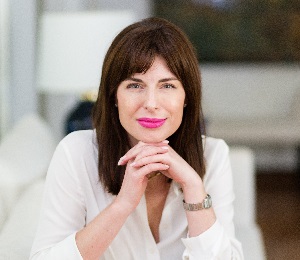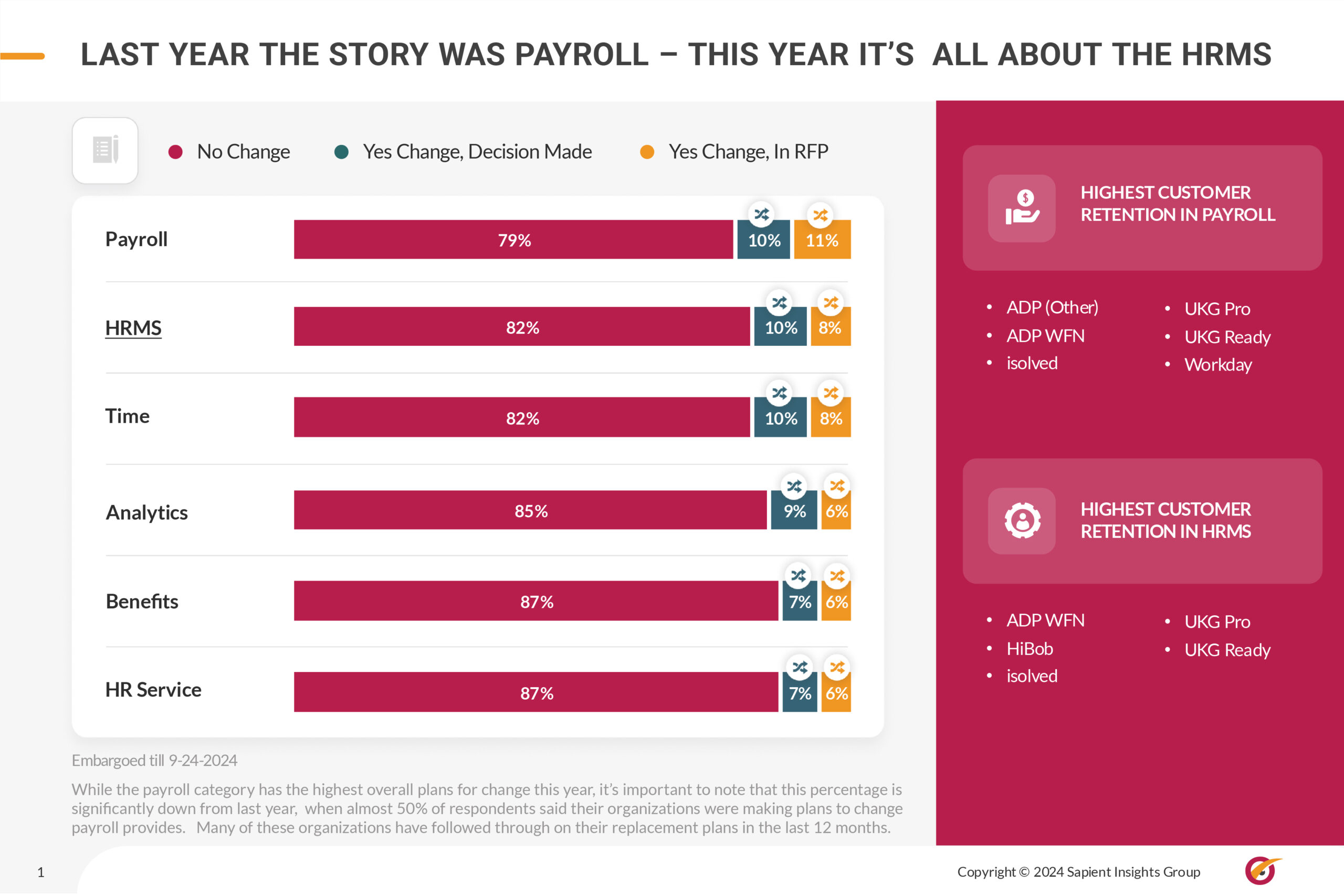Embracing emotional inclusion: A paradigm shift in workplace wellness
- Josephine Tan

Amidst the relentless demands and pressures of the modern business world, the importance of employee wellbeing has emerged as a critical factor in organisational success. While traditional approaches to employee wellbeing have primarily focused on physical health and safety, there is a growing recognition of the importance of emotional wellness in creating a thriving and productive workforce.
Mollie Rogers Jean De Dieu, Founder of Emotional Inclusion, a non-profit organisation; and author of the book Emotional Inclusion: A Humanising Revolution at Work, challenges the conventional view of emotional intelligence, which often centres on understanding and managing emotions. She argued that emotional intelligence can sometimes lead to emotional suppression and a lack of authenticity among employees.
“This can often be detrimental to both the employee and the employer,” she explained to HRM Asia. “Emotional intelligence focuses on understanding emotions, but how do we put that knowledge into action? Inclusion is an active process, and by incorporating emotional wellbeing into our inclusive practices, we can pave the way for sustainable change in the workplace.”
De Dieu offered a unique perspective on emotional inclusion, highlighting its ability to operationalise emotional intelligence within a medicalised, confidential, and purpose-driven framework. She further asserted that emotional inclusion provides organisations with a novel and scientifically supported definition and platform, enabling them to take the lead in fostering emotional inclusion, ultimately enhancing growth, purpose, belonging, connection, and innovation.
“Whether it be via DE&I (diversity, equity, and inclusion), HR or medical department channels—emotional inclusion offers a collective and wholesome approach to humanising our workplaces,” she said, drawing inspiration from Dr Amy Edmondson, Professor of Leadership at Harvard Business School, who introduced the concept of “psychological safety”. Dr Edmondson believed that “workplaces with greater psychological safety and emotional inclusion will make it possible for everyone to contribute and thrive.”
The impact on employees and organisations
De Dieu, who also helms the role of General Manager, Singapore and Malaysia, of the French fashion company Longchamp, stressed that emotional wellness is now a crucial factor for both employees and organisations. She emphasised the outdated nature of misconceptions about emotions in the workplace, and explained, “The misconception that surrounds emotions, equating them to weakness or unprofessionalism is as outdated as it is archaic. This psyche reflects fear. Fear of not fitting into society’s definition of what it means to be called ‘normal’, fear of being fully seen, fear of being labelled, fear of being excluded and blacklisted, or fear of being, plainly put: fired.”
She highlighted the severe consequences of neglecting emotional inclusion, pointing to high turnover rates, decreased employee engagement, and widespread burnout as tangible costs. The situation is further compounded by concerning statistics, as she cited data from the World Health Organisation revealing that over 700,000 people die by suicide annually, making it the fourth leading cause of death among individuals aged 15-29.
“These are all individuals for the most part, who are just kickstarting their careers,” she continued. “Lack of emotional inclusion has generated so much unnecessary pain. Why do we need to accept this profoundly inhumane-silent-workplace norm, out of fear?”

“Emotional inclusion is not just your birthright; it’s your human right,” – Mollie Rogers Jean De Dieu, Founder of Emotional Inclusion, and author of the book Emotional Inclusion: A Humanising Revolution at Work
De Dieu’s vision is not just about improving emotional wellbeing; it is about paving the way for success. “Emotional inclusion is not just your birthright; it’s your human right,” she declared.
She referenced research by Bain & Company, which found that employees who feel emotionally included are less likely to leave their organisations within a year. Another research by Deloitte also suggested that organisations with emotionally inclusive cultures are more likely to meet or exceed their financial goals and are more innovative.
For HR professionals and business leaders looking to embrace the principles of emotional inclusion, De Dieu offered valuable advice:
- Challenge false dichotomies: Work-life balance is such a false dichotomy; it is all about life integration.
- Confront the hard truths: Address uncomfortable workplace issues boldly, and initiate conversations to eliminate stigmatisation.
- Raise awareness: Initiate meaningful campaigns within your organisation to raise awareness and drive change around emotional inclusion.
- Avoid false assumptions: Challenge baseless assumptions about emotions in the workplace.
- Invest in employee wellbeing: Support your employees’ mental health by offering opportunities for them to gain organisational psychological knowledge and access mental health insurance schemes for therapy.
“For the three billion people working in the world today, a 2022 Gallup study found that 60% of people are emotionally detached at work and 19% are miserable,” De Dieu concluded. “Whichever way we choose to tackle emotional inclusion, the pull is greater than us at this stage.”






